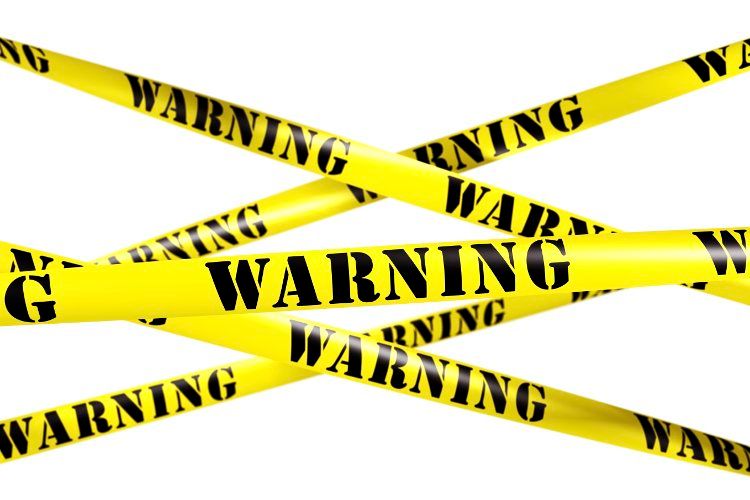FDA continues to heavily police COVID-19 claims targeting blogs and influencers in addition to brands
So far, over 60 warning letters have been distributed for unapproved and misbranded products related to COVID-19. These letters cover a range of products, including dietary supplements.
Photo © iStockphoto.com/zentilia

The U.S. Food and Drug Administration (FDA) continues to send out warning letters to unscrupulous parties taking advantage of the current COVID-19 pandemic to sell products falsely claiming to prevent, cure, or treat the disease. Of all the warning letters sent out in 2020 from the Office of Unapproved Drugs and Labeling Compliance, only two did not relate to COVID-19 product claims. So far, over 60 warning letters have been distributed for unapproved and misbranded products related to COVID-19. These letters cover a range of products, including dietary supplements.
In April, four leading industry trade organizations that include The American Herbal Products Association (AHPA; Silver Springs, MD), the Consumer Healthcare Products Association (CHPA; Washington, D.C.), the Council for Responsible Nutrition (CRN; Washington, D.C.), and the United Natural Products Alliance (UNPA; Salt Lake City, UT), commended FDA for its work to protect consumers from marketers making illegal and unsubstantiated claims. AHPA, through its legal alert is bringing attention to the fact that many of the companies subject to the FDA and Federal Trade Commission warning letters participate in the Amazon Associates program, which provides commissions for companies that promote products. These companies include SpiceTac, Life Unlearned, CBD Gaze, Alternavita, Musthavemom.com, and Careful Cents.
Companies part of the Amazon Associates program are not necessarily sellers of dietary supplements or the manufacturers themselves, but rather promote these products on their websites with affiliate links that provide commissions for products sold through those links. SpiceTac, for example, is an online retailer that sells parts for firearms, but through a blog post on its website made illegal claims in relation to a vitamin C product and its ability to treat or prevent COVID-19, calling the product “your secret weapon against Coronavirus!” and making statements such as “Consider it cheap insurance.” Making such unsubstantiated claims is a violation of the Amazon Associates program’s operating agreement.
Clearly, manufacturers of finished products are not the only ones under scrutiny from FDA, but also educational resources such as blogs. Bloggers, educators, and industry influencers should be careful of how they characterize product benefits and should avoid making any erroneous references to COVID-19.
Brands should also beware about how they utilize influencers. For example, after an inquiry from the National Advertising Division (NAD), Optivida Health removed social media posts referring to the Jim Bakker Show and claims made by the televangelist while selling Optivida Silver Solution that the product could treat or cure COVID-19.
Optivida was also asked to remove efficacy and safety claims the firm could not substantiate. These include the claim that, “Optivida Silver Solution (10 ppm) works faster, longer, and more efficiently than other silvers to support your immune system,” and “Silver is safe – no negative action on organs or other body systems when ingested or used topically; no negative interactions with other drugs when ingested; no damage to probiotic systems; safe for children, infants, animals.”
While it’s clear that many consumers are seeking out dietary supplement and botanical products to support their health because of the global pandemic, how can industry responsibly market benefits such as immune health without being scrutinized by FDA or worse, misleading consumers? To answer this question, Nutritional Outlook recently hosted a webinar on how to responsibly make immune health claims, which provides insights from a number of areas of the industry, including commentary from a pharmacist and regulatory experts.